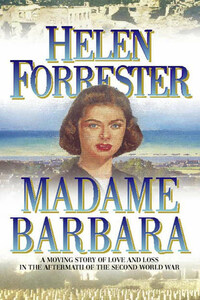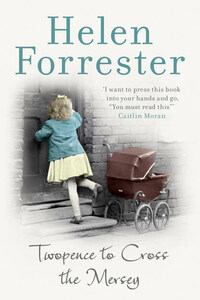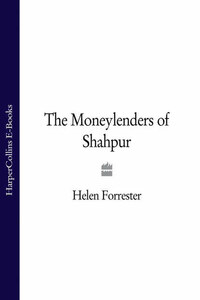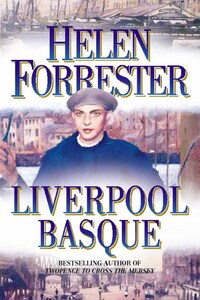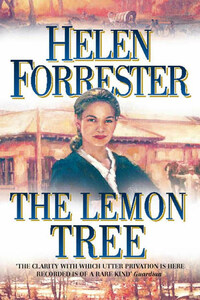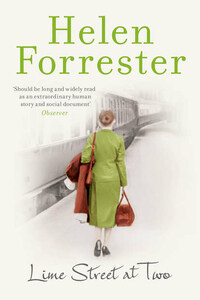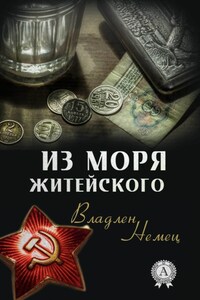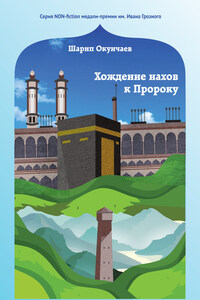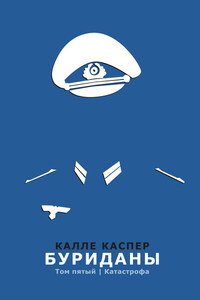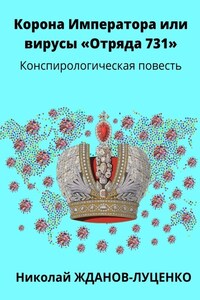‘Permit me, Madame.’ The taxi driver lifted out of Barbara Bishop’s arms the ornate bunch of flowers she was carrying. He was careful not to crush the red, white and blue bow which held the stems together. ‘I’ll lay them beside you on the back seat.’ He spoke in French, but his gestures made the meaning clear.
Tired by her long journey from Liverpool, the young widow said mechanically, ‘Merci, Monsieur,’ and climbed into the cab.
She had been told by the English-speaking receptionist at the Bayeux hotel into which Messrs Thomas Cook had booked her that this precious vehicle was the only taxi remaining in Bayeux. He had gone on to say, with a sardonic grin, that the German Army had failed to find it when they had requisitioned every French vehicle to aid their retreat from Normandy.
‘When the Allied Army invaded Normandy in 1944, Madame, and, after the Battle for Caen, Germany was defeated, the German soldiers became desperate. They took cars, lorries, every bicycle they could find to help them get away.’ He threw up his hands. ‘We’re still very short of transport of any kind – even work horses.’
As Barbara Bishop climbed into the taxi, she noted with disdain that its interior still had a faint aroma of manure from the old racing stable in which the receptionist said it had been hidden since 1940. She wrinkled her nose; in England it was widely believed that the French were dirty – but a taxi smelling of manure …?
Its seats were upholstered in cracked black oilcloth, and the glass in one of its side windows had been replaced by a piece of roughly cut celluloid.
The taxi driver held Barbara’s flowers with decent reverence – were they not destined to be laid on a grave? As he waited for her to get in, he observed with interest a pair of remarkably pretty legs, and a neat little bottom clad in a plum-coloured corduroy skirt.
She was wearing heavy, plum-coloured shoes which matched her skirt, and nylon stockings. He noted the nylons and wondered if she had an American lover; even in this quiet spring of 1948, nearly three years after the war had finished, he knew of no other way that a young woman could obtain nylon stockings.
Lover or not, the smart little rear end was enough to make him sigh wistfully at his bachelor state. And her light brown hair looked so bright as it glinted in the sunlight; it had been carefully set in a bunch of curls and clasped at the back of her neck by a fine old-fashioned tortoiseshell hairslide.
This thin slip of womanhood did not look like most of the English widows he had recently driven to the local military cemeteries. Despite her long stride and the determined lift of her chin, she looked poorer, and the taxi driver wondered how she had afforded to make the journey from England. Most of the others had been obviously well-to-do, with hair professionally dressed and, on their left hands, huge diamond engagement rings as well as wedding rings. They had asked to see the graves of officers, and had been condescendingly polite to him.
He knew that type of English woman. Long before the war, he had sold eggs and fresh chickens from his father’s poultry farm to an older generation of just such women. They had been part of a large number of English retirees who had settled near the coast of Calvados. They had, of course, expected their orders to be delivered; women like that did not come to the market. So he had done the deliveries on his bicycle. Some of them lived permanently in Normandy, some only for the winter months. Not quite rich enough to live in Deauville or Trouville, they were, however, very aware of their status, particularly, he recollected with amusement, when dealing with peasants like himself.
Driven by an ambition to improve himself, he had, from the age of ten, patiently learned a great deal of English from them. They rarely spoke good French. He could, he thought with conceit, discuss in detail in the best of English the merits of a dressed chicken, even if, before knocking on their back doors, he had had to look up in his pocket dictionary the new words he wanted to try out on them.
